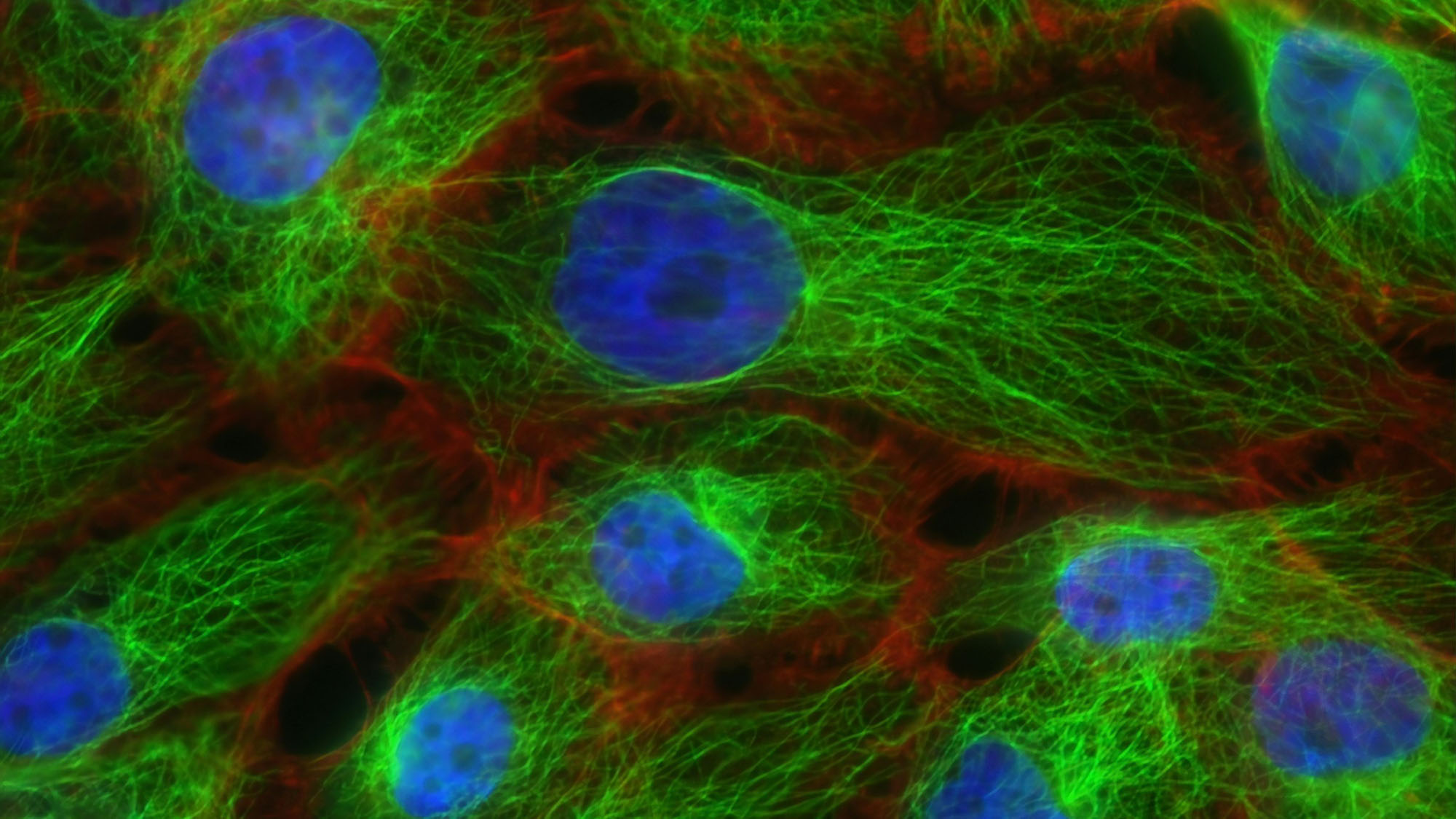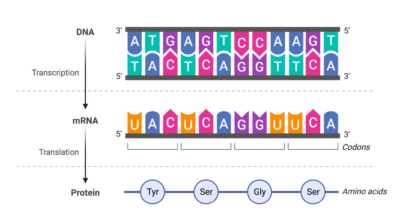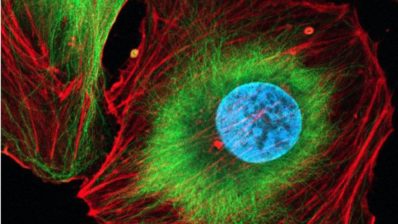The Department of Medicine and Life Sciences, Pompeu Fabra University (MELIS-UPF) has led a study that identifies a new gene relevant in the progression of lung adenocarcinoma. It is the RNF144B gene. Its low expression is associated with a worse prognosis of the disease and greater resistance to chemotherapy. The Centre for Genomic Regulation (CRG) and the Murcian Institute for Biosanitary Research have also participated in the study.
This gene is involved in the control of cell division and genome integrity. ‘If RNF144B fails and is insufficiently expressed, the cell generates chromosomal chaos during cell division. It begins to have more chromosomes than it should, which leads to the onset of cancerous processes,’ explains Ana Janic, leader of the Cancer Biology Laboratory at MELIS-UPF, who coordinated the study. Furthermore, if the relationship between this gene and resistance to chemotherapy is confirmed, it could be used as a biomarker to help decide the best treatment for lung adenocarcinoma patients.
A new member of the orchestra
RNF144B is one of the genes regulated by p53. The p53 gene is known as the ‘director of the orchestra inside the cell’ and is involved in 50% of cancers. It acts as a gatekeeper that prevents the proliferation of cells with damaged DNA or that divide incorrectly. It does this by activating more than 300 genes that have different functions involved in the cell cycle. These genes are common targets of cancer studies and the function of several of them is well known.
However, the specific function of RNF144B had not been identified until now. It was known that it is a tumour suppressor, because mice without this gene rapidly develop a type of cancer called lymphoma. This led the research team to ask whether it was involved in other types of cancer, whether it was a tumour suppressor in humans as well, and what its role was in controlling carcinogenesis.
“Knowing which other proteins interact with RNF144B to maintain proper cellular function could open new avenues to modulate its activity or exploit its role in the treatment of certain types of cancer”
Etna Abad, MELIS-UPF
It has been observed that, in both mouse and human cells, altered expression of RNF144B leads to adenocarcinoma. This occurs even if the p53 gene is not altered. Furthermore, although alterations in RNF144B expression are not as frequent as those of p53, they are very important because they produce a worse prognosis for this type of lung cancer. In addition, the function of the RNF144B gene as a chromosomal regulator during cell division and DNA repair has been identified.
‘The next step in our research involves continuing to explore how the expression of this gene influences the response to various clinical treatments. Although we understand the critical role it plays, we are still investigating the exact cellular mechanism by which RNF144B is involved in regulating cell division and DNA repair. Knowing which other proteins interact with it to maintain proper cell function could open new avenues to modulate its activity or exploit its role in the treatment of certain types of cancer,’ explains Etna Abad, MELIS-UPF researcher and first author of the study.
Abad, E., Sandoz, J., Romero, G. et al. La ligasa E3 RNF144B activada por TP53 es un supresor de tumores que previene la inestabilidad genómica. J Exp Clin Cancer Res 43, 127 (2024). https://doi.org/10.1186/s13046-024-03045-4







